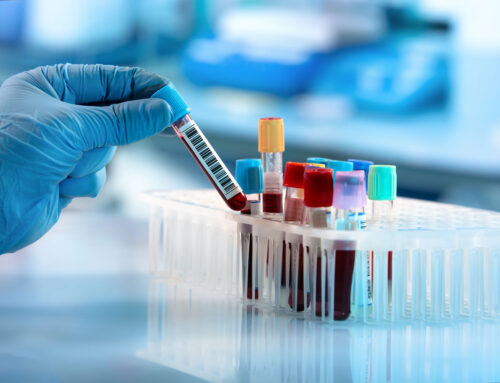Subclinical Hypothyroidism
The Thyroid Gland, A Small But Mighty Butterfly-Shaped Organ In Your Neck, Plays A Crucial Role In Regulating Your Body’s Metabolism And Energy Levels. While Hypothyroidism Is A Well-Known Condition, There Is Another, More Subtle Variation Called Subclinical Hypothyroidism.
Subclinical hypothyroidism the subtle shift, hidden signs & symptoms, thyroid imbalance
Subclinical occurs when the thyroid gland is not functioning optimally, but the thyroid hormone levels measured in blood tests fall within the normal range.
While the hormone levels may appear normal, individuals with subclinical hypothyroidism often experience vague yet persistent symptoms that can impact their quality of life.
Hidden Signs & Symptoms
Milder symptoms that are often brushed off as unrelated or attributed to other causes could represent subclinical hypothyroidism. Here are some common signs and symptoms to watch for:
- Fatigue and Lack of Energy: Feeling constantly tired or lacking energy, even with sufficient rest, can be an early indication of subclinical hypothyroidism.
- Mood Changes and Depression: Subclinical hypothyroidism has been linked to mood disturbances, including increased irritability, depression, and anxiety.
- Weight Fluctuations: Unexplained weight gain or difficulty losing weight despite efforts to maintain a healthy lifestyle and diet can be frustrating signs of subclinical hypothyroidism.
- Cold Sensitivity: Feeling unusually cold, especially in extremities such as hands and feet, even in normal temperatures, can be attributed to the slower metabolic rate associated with subclinical hypothyroidism.
- Brain Fog and Poor Concentration: Difficulty concentrating, forgetfulness, and experiencing mental fog are common complaints among individuals with subclinical hypothyroidism.
- Hair and Skin Changes: Dry, brittle hair, hair loss, and dry, pale, or itchy skin may be signs of thyroid imbalance.
- Menstrual Irregularities: Subclinical hypothyroidism can affect the menstrual cycle, leading to irregular or heavier periods, and sometimes even fertility issues.
Subclinical Hypothyroidism Often Goes Undiagnosed, Due To The Subtle Nature Of The Symptoms
However, If You’re Experiencing Persistent Symptoms That Align With Those Mentioned Above, It’s Important To Consult With A Healthcare Professional. They Can Perform A Comprehensive Evaluation, Including Thyroid Function Tests, And Determine The Appropriate Course Of Action.
Treatment Options for Subclinical Hypothyroidism
Treatment depends on the severity of symptoms and individual health factors.
Lifestyle modifications such as optimizing nutrition, managing stress, and regular exercise may be recommended.
However, in instances where symptoms are significantly impacting daily life, thyroid hormone replacement therapy may be considered to restore optimal thyroid function.
Subclinical hypothyroidism may be a hidden impact on your overall well-being. Recognizing the subtle signs and symptoms, seeking appropriate medical evaluation, and treatment options, you can reclaim control of your thyroid health.
It’s important to note that peptide therapy treatments should be prescribed and supervised by a qualified healthcare professional experienced in peptide therapy. They will assess your specific health needs, conduct appropriate testing, and create an individualized treatment plan for optimal results.
Disclaimer: This blog post is for informational purposes only and should not replace professional medical advice. If you suspect you may have metabolic syndrome or any other health condition, obtain proper diagnosis and Always consult with a qualified healthcare practitioner before starting any new treatment or therapy.








